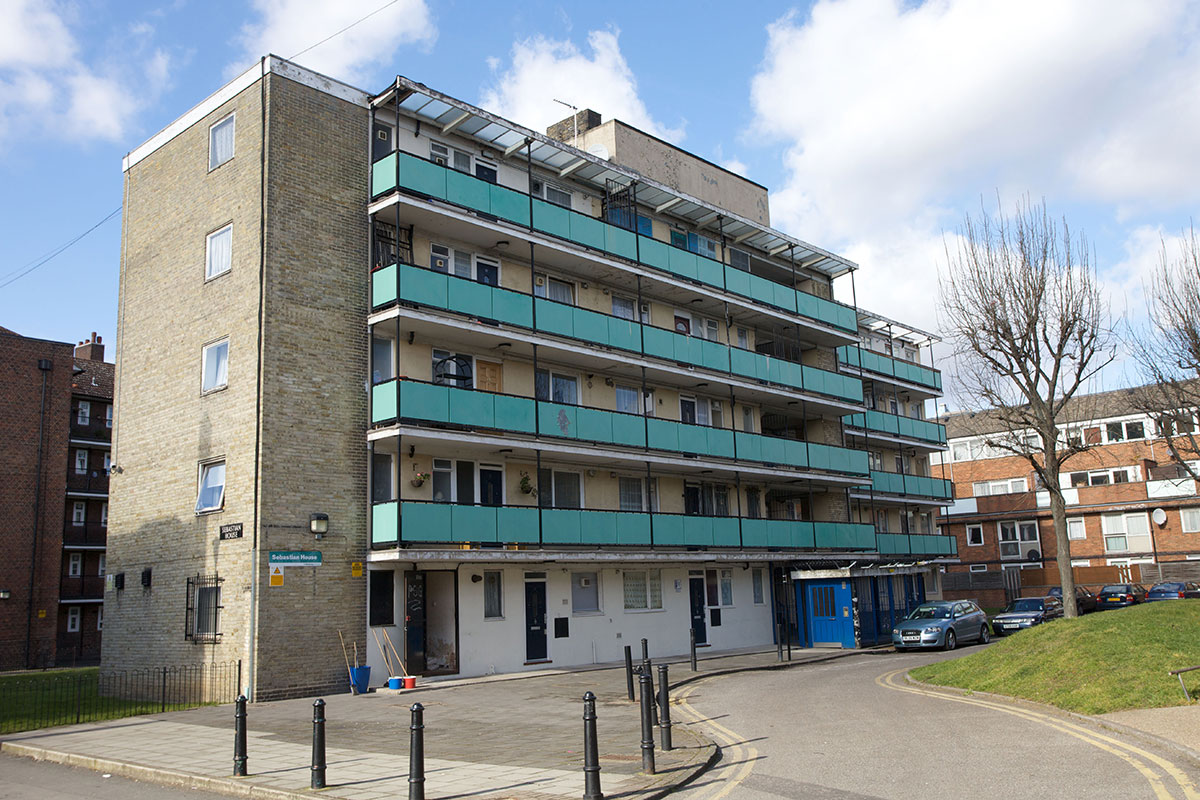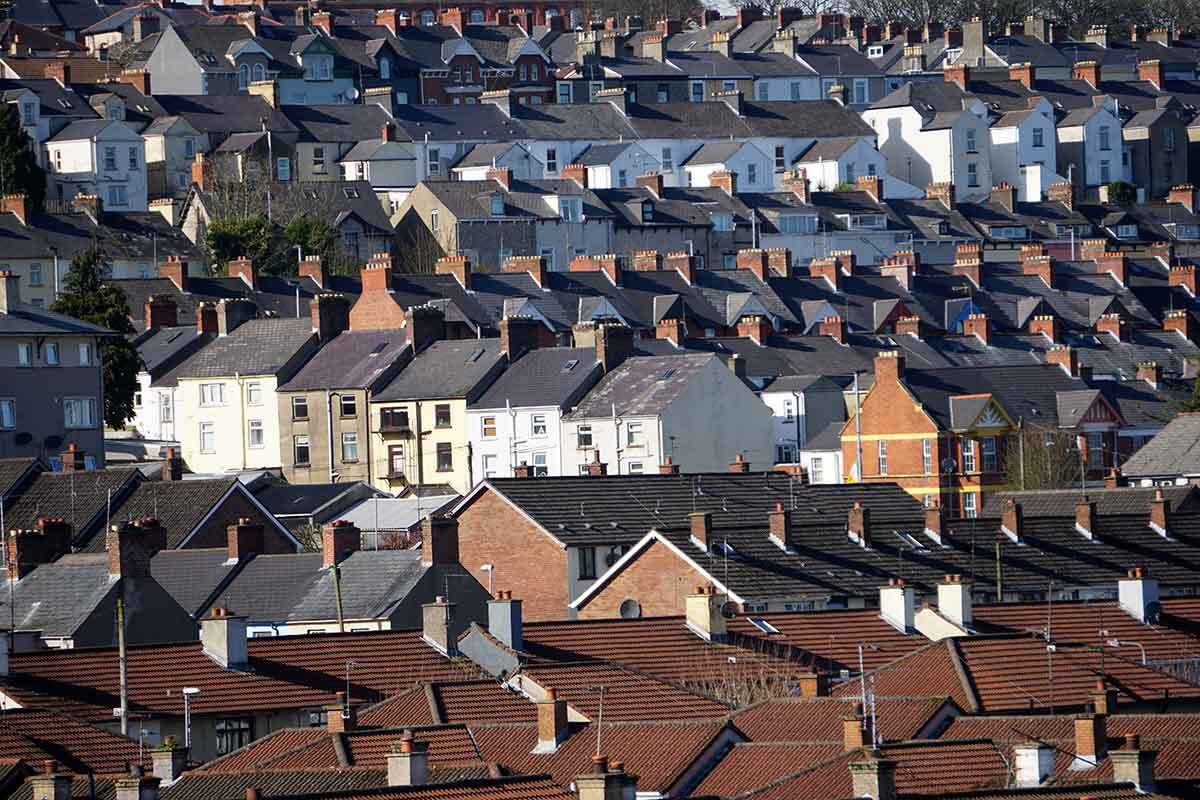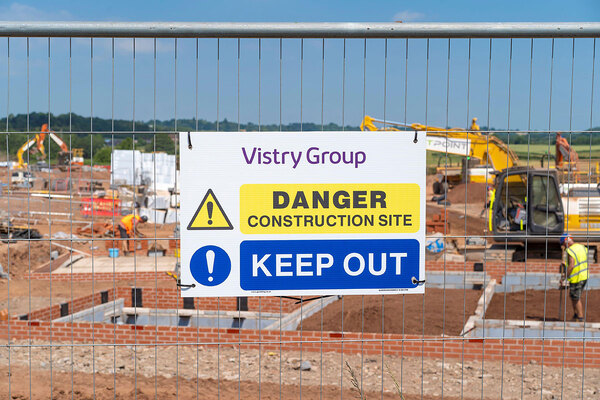You are viewing 1 of your 1 free articles
Latest RSH data shows slowdown in annual loss of social rent homes
The number of social rent homes being lost annually across the sector has fallen in 2022-23, according to the latest data published by the Regulator of Social Housing (RSH).
The annual statistics released by the English regulator today showed that the number of homes for social rent fell by more than 6,000, as at the end of March 2023.
However, this marks an improvement on last year, when there was a larger drop of nearly 10,000 social rent homes.
The data, which covers the 2022-23 financial year for housing associations and local authorities in England, included details on rent costs, the number of social homes and the type of provider that owns them, stock condition and evictions.
There were 1,606 providers on RSH’s register at the end of the financial year, made up of 221 local authorities and 1,385 registered providers.
The returns from these landlords showed that the sector provides around 4.5 million homes across England. Of these, housing associations own 2.9 million homes and local authorities own the other 1.6 million.
In total, there was a net increase of nearly 34,000 social homes in 2022-23, a 0.8% increase in overall stock on the previous year.
The overall increase this year was again driven by around 26,000 new affordable rent homes and an increase of more than 14,000 low-cost homeownership properties.
Local authorities saw a fall of around 9,000 homes for social rent, but this was offset by around 3,000 homes that were built, purchased or acquired by landlords.
So while there was a net loss, this figure also marked the first increase in social rent homes by associations since 2017.
The data showed that the majority of new homes built in the sector were built by housing associations, which accounted for 87% of the total increase in affordable rent and 98% for low-cost homeownership.
The make up of tenure across the sector is reported as 83% for social and affordable rent, followed by 11% supported housing, and 6% low-cost homeownership.
On energy efficiency, landlords reported that 68% of homes had an Energy Performance Certificate rating of C or above, alongside 23% with a D rating.
The RSH said there was an expected increase in rents over 2022-23. The average increase in weekly social rent for general needs was 4.1% between 31 March 2022 and 31 March 2023, up from 1.6% in the previous year.
Rents were lowest in the North East (£82.08) and highest in London (£121.09).
Will Perry, director of strategy at the RSH, said: “Our statistics for 2022-23 show that the sector continues to build and acquire much-needed new social homes across the country.
“These data are a really important reference point for registered providers and anyone who wants to understand the key trends in the sector over the past year.
“It is essential that providers continue to have good quality data to inform their strategic decision making, especially around rents and the condition of homes.”
The RSH said the data also revealed that levels of sales, lettings and evictions seem to be stabilising after a few years of fluctuation during and following the coronavirus pandemic.
Another report by the English regulator, published earlier this month, found there had been 24 allegations from whistleblowers about social housing providers in the past year. This also marked a fall on the previous year were 30 allegations were made.
Sign up for our regulation and legal newsletter
Already have an account? Click here to manage your newsletters












